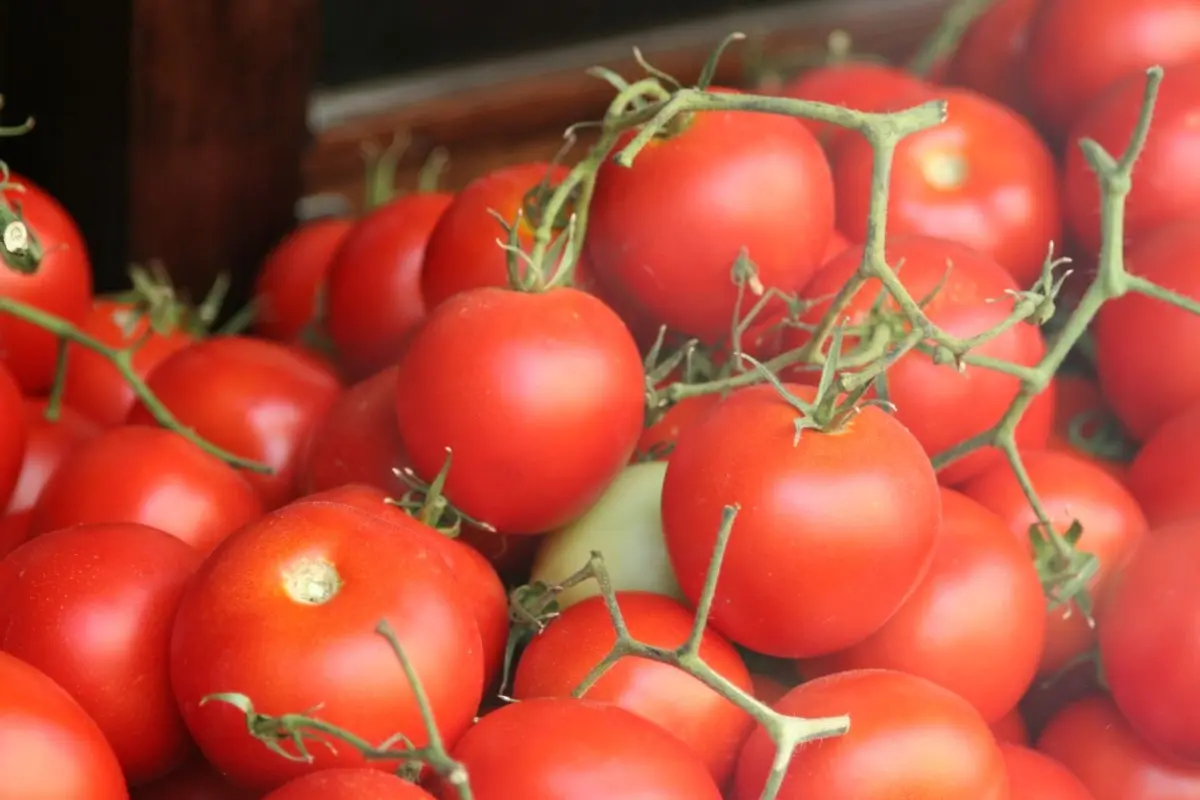
The Lebanese tomato chasing European markets
Climate change is favoring the cultivation of a particularly competitive variety

Climate change can favor crops in hot countries or cold countries, depending on the case. For tomatoes grown on Mount Lebanon, at about 1500 meters above sea level, the increase in temperatures has multiplied the production, harvest and sales of Daccache Green Line tomatoes. The product is mentioned by the Ice agency, which, in turn, cites Freshplaza.it as the source.
The location of the plantations benefits from the dry, sunny climate and rich soil, in an area that is filled with snow in winter but which, in the remaining seasons, enjoys prolonged exposure to natural light. Truly ideal for a plant like the tomato. On Mount Lebanon, the weather conditions allow tomatoes to be grown, saving significantly on plant protection products and obtaining around 1500 tonnes of product per season.
"In the future we may have to invest more in shade nets due to climate change, although I believe that in the end this phenomenon could benefit us - declares Antoine Daccache , owner of the Lebanese fruit and vegetable company -. If the summer lasts longer, yes It will also extend our season. We currently cut the plants every seven to eight bunches. In the future we may be able to grow a little longer."
The protectionist policies of neighboring Saudi Arabia - which was previously one of the most attractive markets - has forced Daccache Green Line to focus more on Europe, where between October and November, tomato production always tends to decrease, and on the United Arab Emirates , which import 80% of their tomatoes from Iran and Jordan and 5% from Italy, Spain and the Netherlands. At the same time, these last three countries represent 30% of the value of the tomato market in the Emirates, where only niche products are sold. "This is our next goal - says Daccache -. Maybe we will find a buyer from the Middle East or Europe at the next Fruit Attraction."
The company is also willing to invest in "technical support" and jointly purchase seeds "to grow the same varieties and standardize production among our partner growers". It is therefore easy to understand which markets the Lebanese tomato will attack and which competitors risk taking the biggest hit.
EFA News - European Food Agency